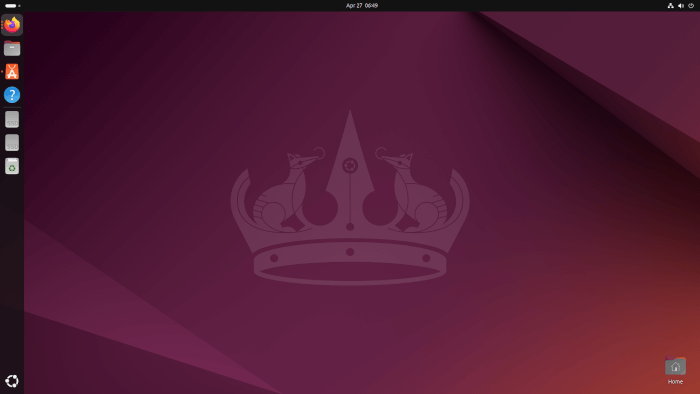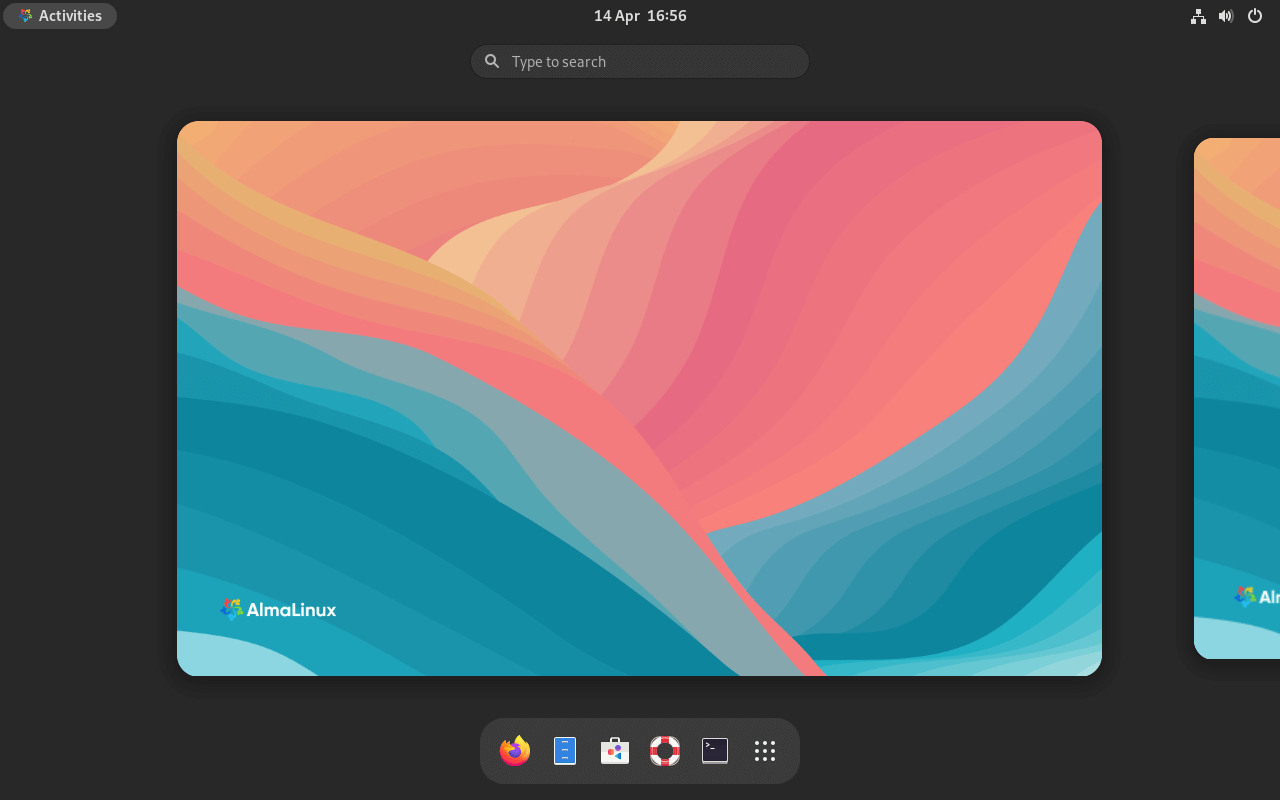A Virtual Private Server (VPS) is a machine that hosts all the software and data needed to run an application or website. It’s called virtual because virtualization technology splits a server into multiple virtual machines. So with a single piece of hardware, multiple separate servers can be run.
A hosting provider installs a virtual layer on top of the server’s operating system. Each VPS is installed with an operating system, software, and other tools.
An advantage of a virtual machine over shared hosting is that you get guaranteed resources. A VPS offers the experience of a dedicated environment with guaranteed server resources through virtualization. Note that you are still pooling resources with others, unlike a dedicated server.
The most popular operating system used by VPS hosting providers is Linux. We feature the most popular distros that you can run on a VPS.
1. Ubuntu
Ubuntu is a modern, open source operating system on Linux for the enterprise server, desktop, cloud, and IoT.
It’s widely accepted as one of the most beginner-friendly Linux distros.

2. Fedora
Fedora, also known as Fedora Linux, is a popular open source Linux-based operating system (OS). Like Ubuntu, it’s available in a server edition. It makes for a powerful, flexible operating system with the latest datacenter technologies.

3. AlmaLinux
AlmaLinux OS is an open-source, community-driven Linux operating system that fills the gap left by the discontinuation of the CentOS Linux stable release.
AlmaLinux OS is an Enterprise Linux distro, binary compatible with Red Hat Enterprise Linux, and guided and built by the community.

4. Rocky Linux
Rocky Linux is a community enterprise operating system designed to be 100% bug-for-bug compatible with Red Hat Enterprise Linux (RHEL).

5. Debian
Debian is one of the oldest and most popular Linux distributions available, known for its stability, security, and commitment to free software.

VPS hosting can be very inexpensive. For example, ZAP Hosting offer VPS hosting with 2 cores and 8GB of RAM from £6.79/month, or a one-off £67.94 for their lifetime option.
So what can you do with a VPS?
Small business hosting – as you have dedicated resources, a VPS is capable of running your websites.
Launch web applications – if you’re running web applications, you may need a web server such as Nginx and a database server such as MySQL.
Build test environments – as you have full root access with a VPS you can test web applications in a CI/CD environment.
Secondary storage – for data files. For example, the VPS can act as a file, photo, database server, email server by creating secure, centralized storage for individuals and groups.
Ecommerce – set up your own shop and run open source ecommerce software such as PrestaShop and Bagisto.
Game server – host the connection of other gamers thereby not relying on the game publisher. The server also offers customization capabilities, and is far more secure and effective than using a home server.
Host a Virtual Private Network (VPN) – encrypt your wireless connection. A VPN is a tool that helps create a secure, private connection on a public network.
